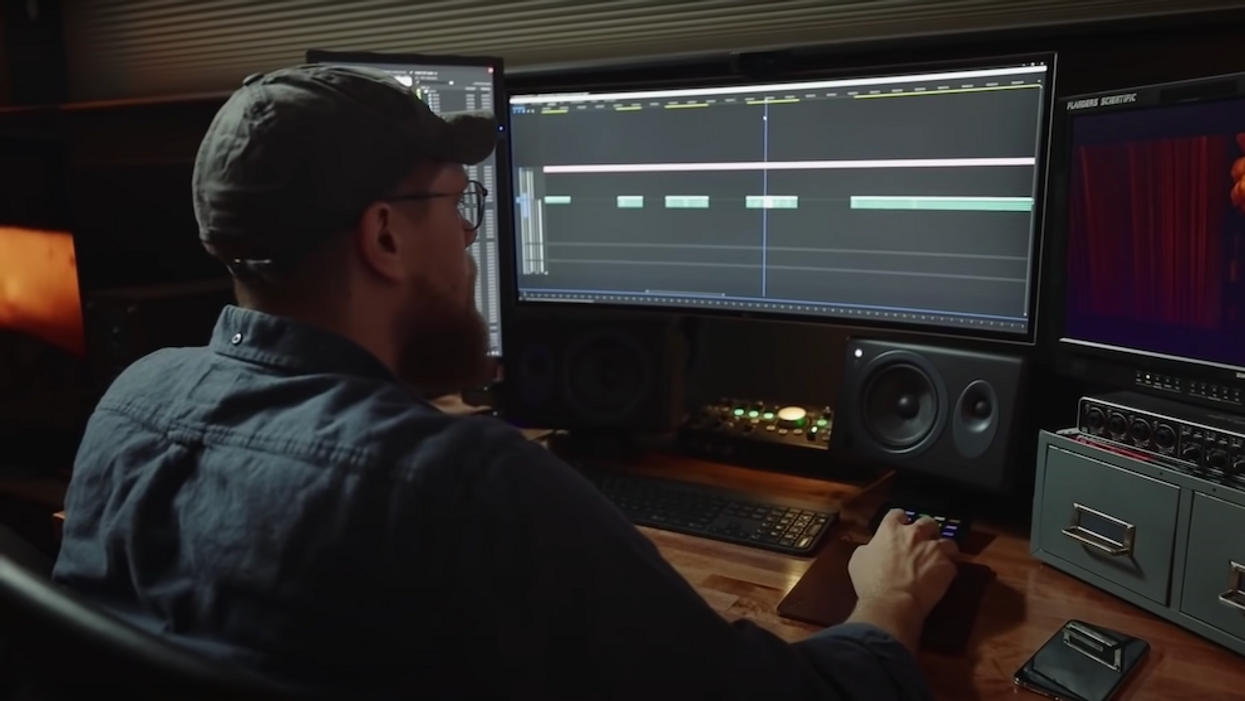5 Tips to Help You Establish a Lightening Fast Editing Workflow
There's a difference between being an editor and "someone who edits," and most of the time it comes down to your workflow.

So, you want to be a professional editor? Awesome! That's very exciting, and no doubt you have a little bit of experience and lot of questions about how to take your craft to the next level.
However, while there is a myriad of skills you can and should hone as you step into the pro-level ring, there's one aspect of editing that you'll want to make sure you establish before you do: your workflow.
In this video from Film Riot, editor Lucas Harger shares 5 workflow tips that will help you edit quicker and more efficiently, including how to organize your timeline, handling audio, and how to deal with selects.
Check it out below.
Harger shared a lot of great insight into how to speed up your editing workflow and stay organized. Here's a quick breakdown of the tips he talked about.
- Organize Your Timeline
- Use the Audio Track Mixer
- Clean Up Your Audio
- Organize Selects
- Pancake Timelines
For an editor, time is everything. The faster you can do your job (without sacrificing quality) the better, right? You'll meet deadlines. You can charge more and/or complete more projects. You'll be able to actually get up from your desk and venture outside of the darkened hellhole that has become your editing suite.
Probably the #1 thing you can do to ensure that you edit faster is be organized. That's essentially what most of these tips help you out with.
And even if you're not an experienced editor who knows their way around pancake timelines and submixes (you should really learn, because it'll save you from having to apply audio corrections and plugins to each individual clip), you can still apply Harger's advice on basic timeline management.
His approach is to group like audio (and video) assets on certain layers to make them easier to locate. Instead of spending your time scrubbing and zooming in and out trying to find clips you need to adjust, you can place your dialogue, sound effects, music, etc. on their own designated group of layers. This will make it a lot easier to adjust and refine them, as well as locate problematic tracks.
Got any tips on establishing a super speedy and efficient workflow? Let us know how you edit down in the comments!
Source: Film Riot











